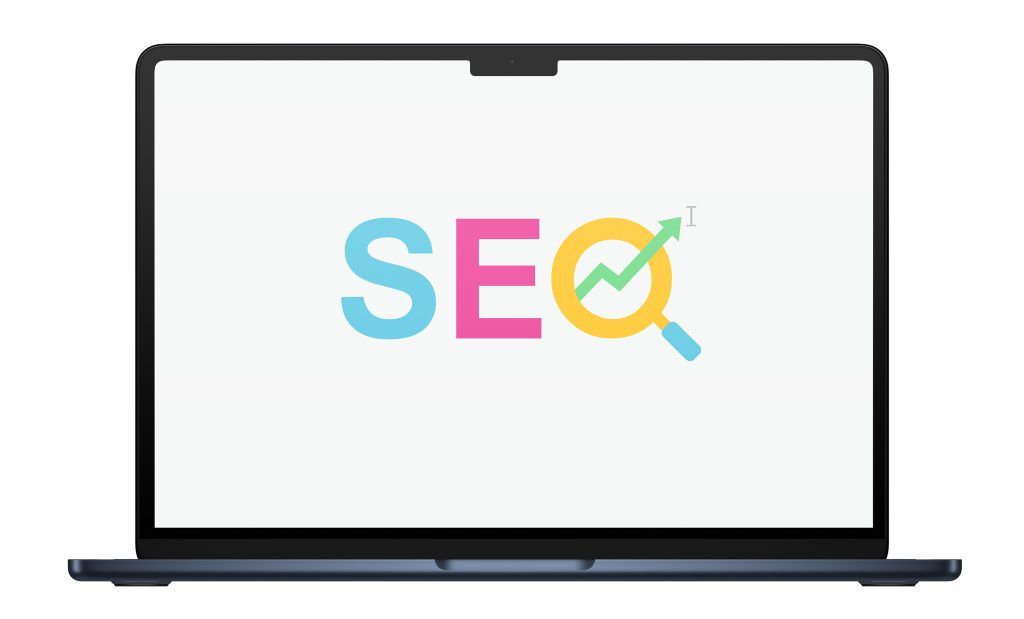Introduction
Search Engine Optimisation (SEO) has dramatically transformed over the decades, evolving from simple keyword stuffing to becoming a complex and refined strategy that deeply integrates with a business’s digital footprint. In this blog, we delve into the journey of SEO, examining its past, assessing its present, and predicting its future, providing insights for businesses aiming to enhance their online visibility and performance.

The Past of SEO
SEO began in the mid-1990s when the first search engines helped web users discover content via simple algorithms. Early SEO practices were rudimentary, often involving excessive keyword repetition and meta tags manipulation to gain higher rankings. This period also saw the rise of ‘black-hat’ techniques, such as hidden texts and link farming, which sought to exploit search engine algorithms.
The Present of SEO
Today, SEO is a critical component of digital marketing, recognized for its role in enhancing online visibility and user engagement. Modern SEO strategies focus on a variety of factors including:
- User Experience (UX): Ensuring websites are fast, responsive, and easy to navigate.
- Content Quality: Creating high-quality, relevant content that addresses the audience’s needs and queries.
- Mobile Optimization: Catering to an increasingly mobile-first world where the majority of searches are performed on mobile devices.
- Voice Search Optimization: Adapting content for voice search queries, which often differ significantly from typed queries.
- Artificial Intelligence: Leveraging AI to predict trends, understand user behaviour, and personalise experiences.
The Future of SEO
As we look towards the future, SEO is set to become even more integrated with emerging technologies and deeper aspects of user engagement. Key trends include:
- Semantic Search: Search engines will continue to get better at understanding query context and the relationships between words.
- Machine Learning: Google’s algorithms will increasingly anticipate user needs and adjust search results accordingly.
- Enhanced User Engagement: Metrics like dwell time and click-through rates will play an even larger role in determining rankings.
- Augmented Reality: SEO might soon integrate with AR applications to provide real-time, location-based information to users.
Conclusion
Understanding the evolution of SEO offers valuable insights into how best to optimize websites and content to rank well in search engines. As technology advances, so too must our strategies. For businesses, keeping abreast of these changes and adapting their SEO strategies accordingly will be crucial to their online success.
Is your business ready to adapt to the changing landscape of SEO? Contact Datum today to ensure your digital strategy remains ahead of the curve.